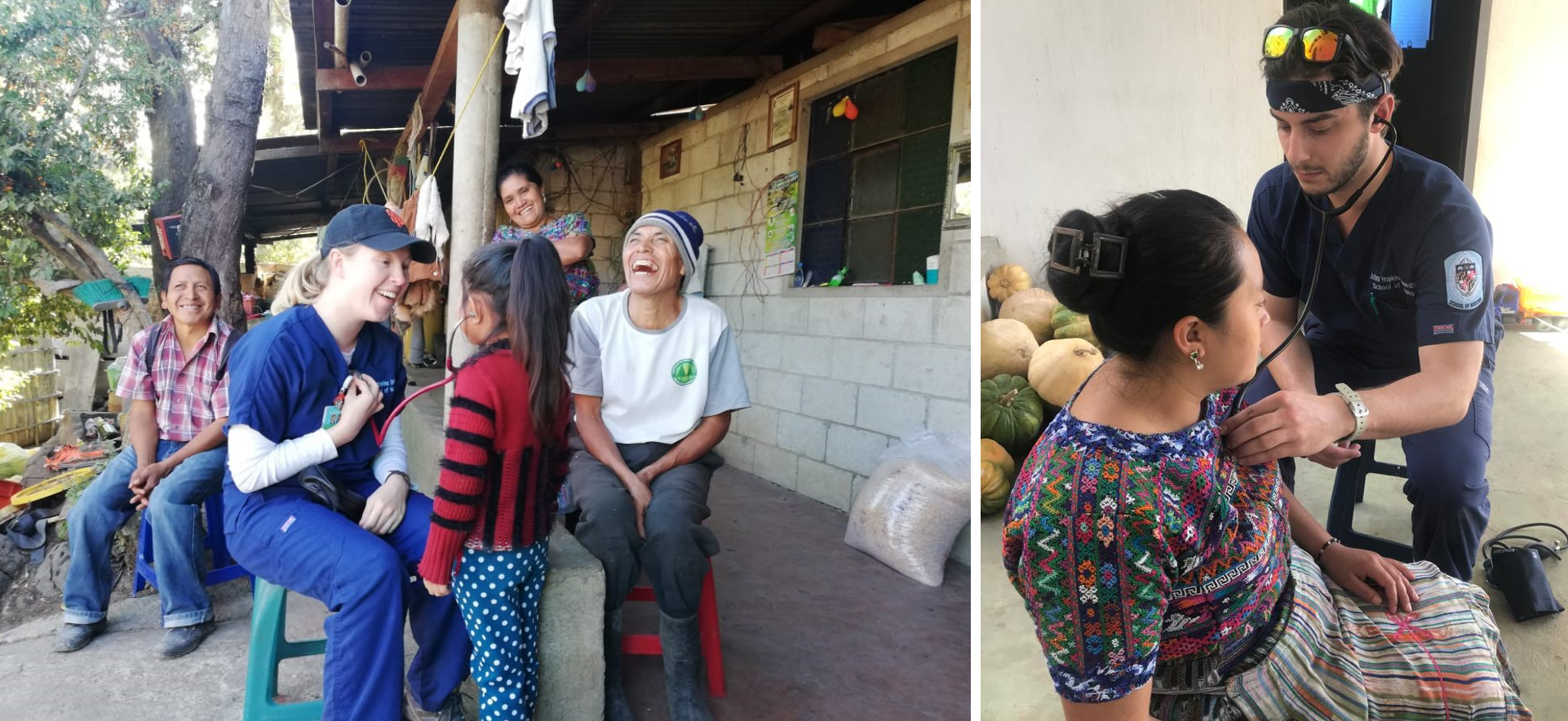My husband is super handy. He’s a mason by trade (and honest to goodness, a master at laying straight brick and block), but he knows so much more outside of just that. He knows how to work on cars, he knows how to fix plumbing, he can run electrical wiring, he can run cable, he works on our tractor and its engine, he maintains the dirt/gravel road that our house sits on, he builds patios and decks, and shelves. And most importantly, he knows how to get rid of stink bugs and spiders without even batting an eye. I could go on, but let’s just call him a jack of all trades. That pretty much sums it up.
The truth is, I am no “handy woman” like he is a “handy man,” but I watch him as he works on things, and in some cases, I am able pick up a few tricks along the way. Mostly though what I’ve learned from watching him as he works and fixes things around the house is that he is extremely analytical and systematic in his problem solving. I’ve discovered that it’s not that he instinctively knows how to do all these things, but that he evaluates the situation, draws on his past knowledge and experience, and then rationally and systematically organizes a plan of attack. Throwing in some good old common sense of course.
I think nurses do this too. And do it extremely well. It’s always been amazing to me that I can go into the doctor’s office (where I usually see a nurse practitioner), read off my list of symptoms, and leave in less than an hour knowing exactly what is wrong with me and how I can fix it. Now, granted, I am young and probably a fairly simple read, but nurses and doctors see patients of all ages, from all backgrounds, with all different lifestyles, and yet they are still able to diagnose and find solutions to the thousands of health problems out there. It’s really an incredible example of evaluation, investigation, and critical decision making.
Graduation is this week and Nancy Griffin, Associate Dean for Enrollment Management & Student Affairs, recently emailed around a copy of the SON Technical Standards for Admissions and Graduation. It detailed the requirements that our students and those who are applying to be students must meet. The ones that stood out to me were:
- “students must have sufficient capacity to make accurate visual observations and interpret them…”
- “The student must be able to develop and refine problem-solving skills that are critical to practice as a nurse. The student must have the ability to measure, calculate, reason, analyze and synthesize objective and subjective data and to make decisions that reflect consistent and sound clinical judgment.
Okay, that’s a lot. And that’s only two points!
What I’m trying to say is that working at a nursing school has showed me that it’s not easy to be a nurse, and probably never will be. I read the student blogs that talk about the rigorous curriculum and the time crunch they always feel. But I can understand why it’s so hard. It’s because nurses in essence have to “know it all.” When a patient is sitting on a tissue paper-covered bed uncomfortably waiting for an answer, nurses are there to provide it, and give a little extra comfort too. It’s their job. And I’m thankful for them. I often take for granted my doctors and nurses, and sometimes my husband too, but I think congratulations are well in order for those who are about to graduate and for those who are already nurses providing care day after day to patients and families all around the world.
You all really are great!
p.s. Bug squashing isn’t part of the curriculum, is it? Because then you all would be PERFECT.
p.p.s. Don’t share this with my husband…he might start to think that he’s really awesome or that I love him or something.

 Birth Companions Talk Doulas and Maternal Health with Mayor Brandon Scott
Birth Companions Talk Doulas and Maternal Health with Mayor Brandon Scott Global Service Learning: Guatemala
Global Service Learning: Guatemala Guatemala Re-visited: Rainwater Project Shows Value of Service-learning Trips
Guatemala Re-visited: Rainwater Project Shows Value of Service-learning Trips You’re Welcome
You’re Welcome My First Teachers in Nursing School Weren’t Nurses
My First Teachers in Nursing School Weren’t Nurses






